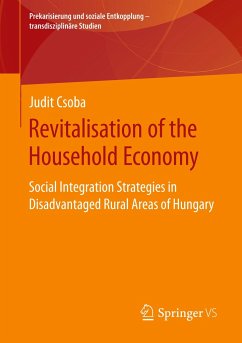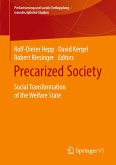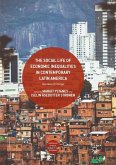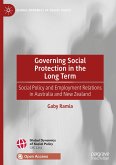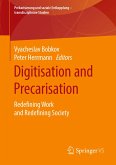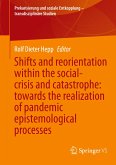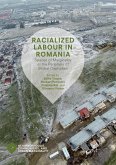With the transformation of the role of the welfare state, the "social engagement" and "active participation" were taking the place of passive benefits. The importance of individual actions is becoming more and more prominent.With the reduction of welfare benefits and expansion of the workfare model after the crisis of 2008, the main objective of the local integration programmes was to strengthen self-sufficiency of social group with precarious life situations in rural areas of Hungary. The purpose of this volume is to give a brief overview of the most important local integration programmes of the past quarter century, focusing on the social land programme. The analysis, summarising the results of an empirical study, presents the main turning points of the local integration models, the changing environmental conditions, as well as the adaptation strategies and the possible directions of development of local communities in Hungary.
Bitte wählen Sie Ihr Anliegen aus.
Rechnungen
Retourenschein anfordern
Bestellstatus
Storno

